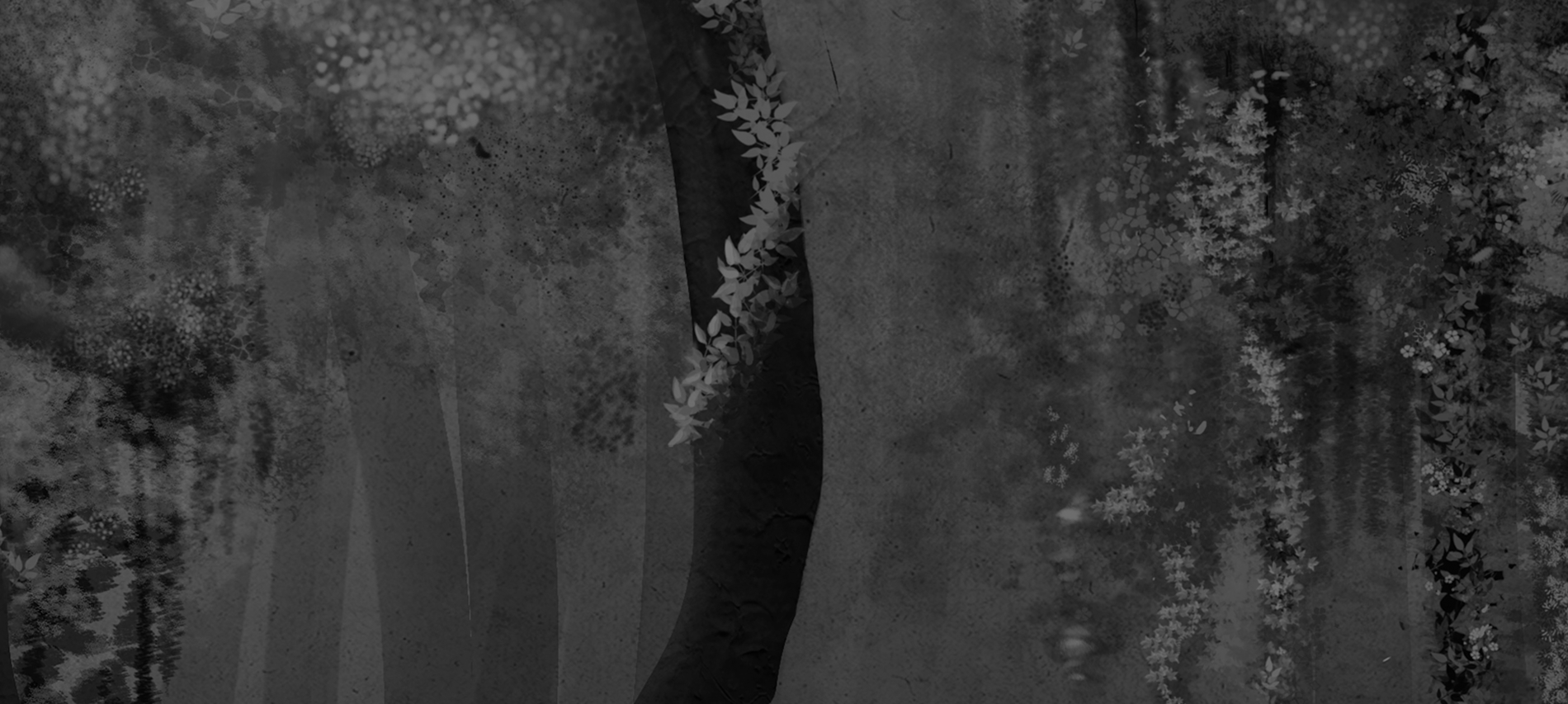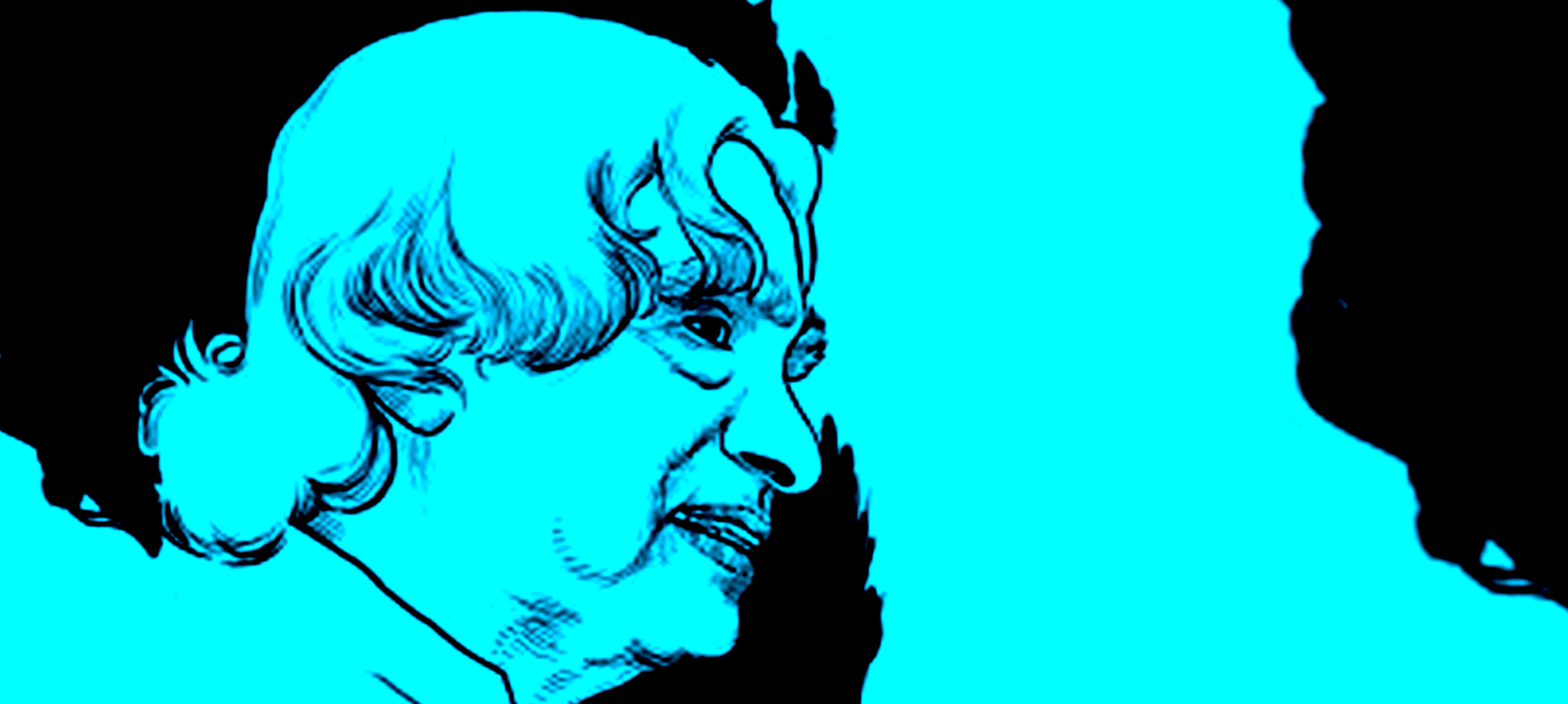In Three Hundred Verses, Bhartrihari, one of the greatest Sanskrit poets of all time, brilliantly pieces poems on loving, longing and leaving. The poems in the collection cover a wide range of themes from the first stirrings of young love to the challenges of accepting life’s transience-these verses are sure to resonate with contemporary readers.
Here are five verses from Bhartrihari that prove he belongs to modern times:





Aren’t these verses enigmatic?

Tag: poems
5 anecdotes from Kalam’s autobiography ‘The Life Tree’
Dr.APJ Abdul Kalam’s vivacity and creative energy traverses its way through in his autobiography, The Life Tree. The poems in the autobiography capture the essence of nature, human relationships and love for the country.
On the occasion of his birthday, here are a few moments from his life, immortalized in poems.
The picturesque view that Dr.Kalam and his friend, Vidyasagar witnessed is expressed in the lines below.

APJ Abdul Kalam, in the poem below, reflects on his childhood and the meaning of communalism

Dr Kalam was overjoyed receiving the Padma Vibushan in 1990. The lines below capture the emotion he felt upon receiving it.

The late President was distressed on hearing about Mother Teresa’s illness. The poem below captures his anguish.

Dr Kalam’s father said – “Never receive a gift; a gift is always accompanied by some purpose”. At 70, he recollects a lesson from the past.

Aren’t these lines magnificent just like him?

‘Toward an Impure Poetry’ by Pablo Neruda
Pablo Neruda was a Chilean Nobel Laureate, famous for his surrealist and passionate love poems, along with historical epics and political manifestos. He was regarded as the “the greatest poet of the 20th century in any language” by another South American Nobel Laureate Gabriel Garcia Marquez.
There have been two schools of thought regarding what poetry should stand for and who it should be written for. While one school says poetry should be for the elites, or it should be “pure”, the other school, that Pablo Neruda believed in, felt poetry should be “impure” or depicting the blunt realities of life. This belief of his can be observed throughout his body of work, using metaphors and imageries that are drawn from every day things.
Here is the essay he wrote on why poetry should be impure.
It is good, at certain hours of the day and night, to look closely at the world of objects at rest. Wheels that have crossed long, dusty distances with their mineral and vegetable burdens, sacks from the coal bins, barrels, and baskets, handles and hafts for the carpenter’s tool chest. From them flow the contacts of man with the earth, like a text for all troubled lyricists. The used surfaces of things, the wear that the hands give to things, the air, tragic at times, pathetic at others, of such things—all lend a curious attractiveness to the reality of the world that should not be underprized.
In them one sees the confused impurity of the human condition, the massing of things, the use and disuse of substance, footprints and fingerprints, the abiding presence of the human engulfing all artifacts, inside and out.
Let that be the poetry we search for: worn with the hand’s obligations, as by acids, steeped in sweat and in smoke, smelling of the lilies and urine, spattered diversely by the trades that we live by, inside the law or beyond it.
A poetry impure as the clothing we wear, or our bodies, soup-stained, soiled with our shameful behavior, our wrinkles and vigils and dreams, observations and prophecies, declarations of loathing and love, idylls and beasts, the shocks of encounter, political loyalties, denials and doubts, affirmations and taxes.
The holy canons of madrigal, the mandates of touch, smell, taste, sight, hearing, the passion for justice, sexual desire, the sea sounding—willfully rejecting and accepting nothing: the deep penetraion of things in the transports of love, a consummate poetry soiled by the pigeon’s claw, ice-marked and tooh-marked, bitten delicately with our sweatdrops and usage, perhaps. Till the instrument so restlessly played yields us the comfort of its surfaces, and the woods show the knottiest suavities shaped by the pride of the tool. Blossom and water and wheat kernel share one precious consistency: the sumptuous appeal of the tactile.
Let no one forget them. Melancholy, old mawkishness impure and unflawed, fruits of a fabulous species lost to the memory, cast away in a frenzy’s abandonment—moonlight, the swan in the gathering darkness, all hackneyed endearments: surely that is the poet’s concern, essential and absolute.
Those who shun the “bad taste” of things will fall flat on the ice.
Demystifying Faiz Ahmed Faiz- 6 Things You Didn’t Know About the Poet
Faiz Ahmed Faiz is one of the greatest Urdu poets of the twentieth century. He is loved and remembered for his revolutionary verses, his delicate subtlety, and his soulful poems of love.
The Colours of My Heart, translated by Baran Farooqi, celebrates some of Faiz’s greatest works. It also includes an illuminating introduction to Faiz’s enchanting life and legacy.
Here are 6 little known things about the poet who continues to inspire us:
He studied philosophy and English literature in Lahore and finished an M.A. in Arabic.

Naqsh-e-Fariyaadi (The supplicant’s portrait), his first collection of poems, was published in 1941. All his collections are small, and even they contain some unfinished poems.

He was even deprived of writing material during the period of his imprisonment. His poems were smuggled out of prison or sent out with his letters and circulated widely.

The poem expresses disappointment on two levels: The Partition and the carnage that accompanied it.

Faiz was also active in the trade union movement. In 1951, he also became the vice president of the Trade Union Congress, the labour wing of the Communist Party of Pakistan.

Faiz marked this recognition as a humbling experience.

So, which is your favourite Faiz poem?

5 Rabindranath Tagore Poems that Make Him the Master of Our Hearts
Rabindranath Tagore was a poet-philosopher who inspired a whole generation through his writings. Rabindranath Tagore became a literary sensation and went on to win the Nobel Prize in Literature in 1913.
To celebrate Tagore’s birthday, we bring here sections of five of his most beloved poems!
On the Hypocrisy of Faith

On the Vulnerability at the Time of Death

On the Soul of Countries and People

On Missing a Dear One

On Longing

Do you, too, have a Rabindranath Tagore poem to share? What are your favourite lines of his? Tell us, we would love to know!
A Lesser-Known Poem by Robert Frost that You Must Know Of
‘Out, Out—’
The buzz saw snarled and rattled in the yard
And made dust and dropped stove-length sticks of wood,
Sweet-scented stuff when the breeze drew across it.
And from there those that lifted eyes could count
Five mountain ranges one behind the other
Under the sunset far into Vermont.
And the saw snarled and rattled, snarled and rattled,
As it ran light, or had to bear a load.
And nothing happened: day was all but done.
Call it a day, I wish they might have said
To please the boy by giving him the half hour
That a boy counts so much when saved from work.
His sister stood beside him in her apron
To tell them ‘Supper.’ At the word, the saw,
As if to prove saws knew what supper meant,
Leaped out at the boy’s hand, or seemed to leap—
He must have given the hand. However it was,
Neither refused the meeting. But the hand!
The boy’s first outcry was a rueful laugh,
As he swung toward them holding up the hand
Half in appeal, but half as if to keep
The life from spilling. Then the boy saw all—
Since he was old enough to know, big boy
Doing a man’s work, though a child at heart—
He saw all spoiled. ‘Don’t let him cut my hand off—
The doctor, when he comes. Don’t let him, sister!’
So. But the hand was gone already.
The doctor put him in the dark of ether.
He lay and puffed his lips out with his breath.
And then—the watcher at his pulse took fright.
No one believed. They listened at his heart.
Little—less—nothing!—and that ended it.
No more to build on there. And they, since they
Were not the one dead, turned to their affairs.
— Robert Frost
A timeless love saga – Meghadutam by Kalidasa
Indian literature is an ocean replete with brilliant pearls. All it takes is a swim in its depths to explore the gifts that Indian writers have left for us. One such gift is Kalidasa’s Meghadutam – The Cloud Message.
Kalidasa explored new boundaries of literary stylistics – and his poem, Meghadutam stands true to his legacy.
It is perhaps the most translated text in all of Indian literature and can be found all over the world in different languages, formats and styles. A beautifully scripted poem, it chronicles the story of a banished yaksha who petitions a cloud to send a message to his distant lover. It’s a captivating story that transcends through ages and enthrals its readers.
Here we have picked some verses from Meghadutam’s latest translation by Srinivas Reddy.










***
Fascinating, isn’t it?
You can get your copy of Meghadutam here.
***













